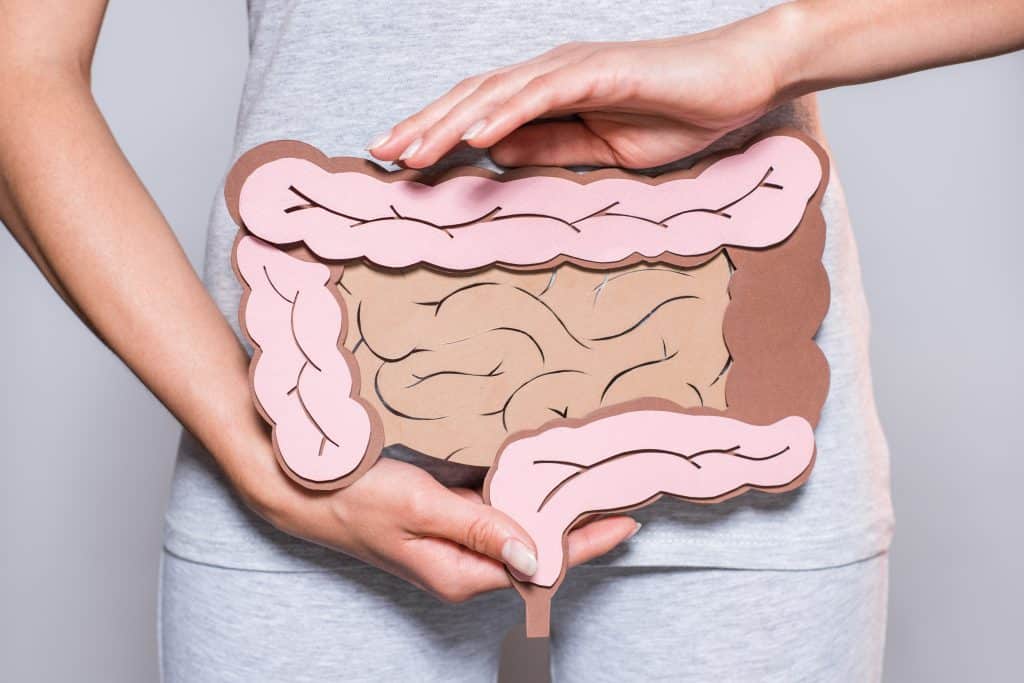A fecal transplant, though it may sound unconventional, is a medical procedure that is gaining popularity and recognition for its efficacy in treating gastrointestinal ailments, specifically for Clostridium difficile infections, or C. diff.
This procedure is also known as fecal microbiota transplantation (FMT). It involves transferring fecal matter from a healthy donor into the intestines of a recipient, with the aim of restoring a healthy balance of gut bacteria. While the concept might initially evoke discomfort, fecal transplant has emerged as a promising therapy for conditions like recurrent C. diff and inflammatory bowel diseases (IBD).
Fecal transplants work by introducing a diverse array of beneficial bacteria from the donor’s gut into the recipient’s, helping to combat harmful pathogens and restore normal gastrointestinal function. Understanding how and when this procedure is used can shed light on its potential in modern medicine.
What is a Fecal Transplant?

A fecal transplant is a medical procedure where fecal matter containing healthy bacteria from a screened donor is transferred into the gastrointestinal tract of a recipient. This treatment is usually used for helping patients with an imbalance or disruption in the gut microbiome, such as recurrent Clostridium difficile infection (CDI), which occurs when harmful bacteria, such as C. difficile, overgrow in the intestines.
By introducing a healthy microbiome from the donor’s fecal matter into the recipient’s colon, the transplant helps restore microbial balance and alleviate symptoms associated with the condition. Fecal transplants can be administered through different methods such as enemas or oral capsules, but the most effective and safest approach is typically through a colonoscopy performed by a proctologist or gastroenterologist.
How Are Fecal Transplant Donors Screened?
Fecal transplant donors undergo rigorous screening to ensure the safety and efficacy of the procedure. Before a fecal transplant via colonoscopy occurs, a donor stool sample is carefully screened and processed to ensure it is free from any harmful pathogens or contaminants.
The screening process typically involves several steps to assess the donor’s overall health and to detect any potential risks of transmitting infectious diseases or other harmful agents through the donated stool. This part of the process usually includes:
- Medical history evaluation
- Physical examination
- Lab testing
- Stool testing
- Exclusions
By screening fecal transplant donors, healthcare providers minimize the risk of transmitting infections or other complications to the recipient and ensure the success of the procedure in restoring gut health.
How to Prepare for a Fecal Transplant Procedure
Preparing for a fecal transplant procedure involves several important steps to ensure its success and minimize any potential risks. Your healthcare provider will be able to give you specific directions, but here are some general guidelines to follow:
- Consulate with your healthcare provider
- Finish colonoscopy preparation
- Determine medication adjustment with provider
- Arrange transportation
- Set up follow-up care
Colonoscopy preparation involves a thorough bowel cleansing to ensure the colon is clean and ready to receive the transplant. Your healthcare provider may also advise adjustments to your medication regimen to optimize the procedure’s effectiveness.
In an outpatient facility, the processed fecal matter of the donor is blended with a sterile saline solution. The mixture is then filtered via a coffee filter and the remaining filtered will be used as the transplant.
On the day of the procedure, the recipient undergoes a colonoscopy, a minimally invasive endoscopic procedure used to examine the inside of the colon and rectum.Once the recipient is prepared, the colonoscope, a flexible tube with a camera attached to its end, is inserted through the rectum and guided into the beginning of the colon. The colonoscope allows the healthcare provider to visualize the inside of the colon and identify the optimal site for delivering the fecal transplant.
Using specialized equipment attached to the colonoscope, such as a catheter or syringe, the suspension of donor fecal liquids is then introduced into the colon. The healthcare provider carefully administers the suspension, ensuring it is evenly distributed throughout the colon.
After the fecal transplant has been delivered, the colonoscope is slowly withdrawn, allowing the recipient to recover from the procedure. Following the procedure, the recipient may be monitored for a short period to ensure there are no immediate adverse reactions.
Benefits of a Fecal Transplant

Fecal transplant offers several potential benefits, especially in the treatment of Clostridium difficile infection (CDI), including:
- Effective treatment for recurrent CDI
- Reduced risk of CDI recurrence
- Potential treatment for other gastrointestinal conditions
- Minimal side effects
- Antibiotic alternative
- Potential impact on overall health
This type of medical procedure represents a promising therapeutic approach for treating gastrointestinal conditions, particularly recurrent CDI, and holds potential for addressing a range of other health concerns related to the gut microbiome.
Fecal Transplants for Gut Health
Fecal transplants are an innovative and effective treatment for gastrointestinal conditions, especially recurrent Clostridium difficile infections (CDI). By restoring a healthy balance of gut bacteria, this procedure offers hope and relief for patients who have struggled with traditional treatments. The thorough screening process for donors and the meticulous preparation for the procedure ensure its safety and success, making fecal transplants a viable option for many.
If you’re experiencing recurrent CDI or other gastrointestinal issues and are considering a fecal transplant, we encourage you to reach out to our office for more information. Our experienced healthcare providers are here to answer your questions and guide you through the process. Contact us today to schedule a consultation and learn more about how a fecal transplant can benefit your health.

